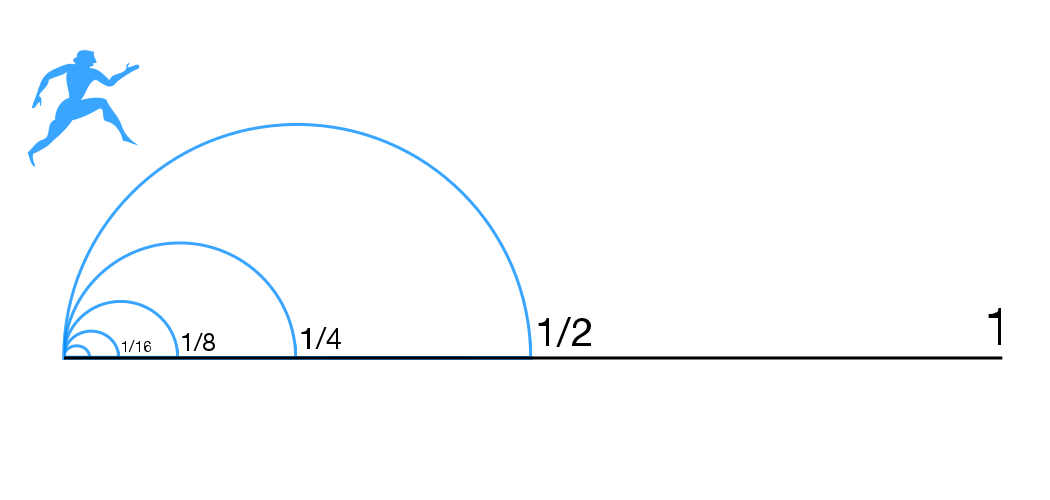Skinner's Folly
…the physicist himself, who describes all this, is, in his own account, himself constructed of it. He is, in short, made of a conglomeration of the very particulars he describes, no more, no less, bound together by and obeying such general laws as he himself has managed to find and to record.
—G. Spencer-Brown, from the Laws of Form
B.F. Skinner’s behaviorism is now an over-the-hill band playing oldies at state fairs, but in the sixties, his theories climbed to the top of the charts of academic psychology.1 In place of personality theories, such as those from Freud and Jung where inner drives explain behavior, Skinner believed that all human behavior was shaped by reinforcement from behavioral conditioning. Influences were external, not internal.
Skinner’s premise and that of the behavioralists that preceded him, that we can’t see inside the mind of another, can’t be denied. Theories of personality are, (as I keep insisting) just stories, maybe closer to just-so stories, Rudyard Kipling’s famous fictional explanations for how characteristics of specific animals came to be. In theories of human behavior, the stories are in the mind of the theorists, not of their subjects. Freud, Jung, and other famous personality theorists were writing “dear diary” and calling their entries, science.2
If a contemporary of Skinner’s was brave enough to point out that his behavioral-modification theory was just another personality theory, perhaps Skinner wouldn’t have promoted his socially engineered utopia.
Skinner was right that we can’t see inside another. If you look inside a brain, you see neurons and connections among the neurons, but the complexity of how that translates to human thought is elusive, and despite future strides in understanding, will always be elusive because of the paradox that the (scientist’s) mind is studying the (subject’s) mind, with all the limitations inherent in cognitive filters (neurological plus psychological filters equals cognition).3
The scientific study of how we think is akin to Zeno’s Paradox of Motion, which is explained simply: no matter how fast you run, each moment you can get only halfway closer to the finish line, and no matter how close that gets you to the finish line, each moment you can still get only halfway closer to the finish line, and so on…
From Wikipedia:

The paradox of neurobiology is that even as we get closer to understanding neurobiology, because a mind is studying the mind, we’ll never get to the finish line. Your neural and psychological cognitive filters don’t get suspended when you receive your research grant. No matter how much science jargon you sprinkle over your thoughts, you can never think or observe outside your story.
My theme in the following series of essays is that our inferences about each other are harmful, and the way to get beyond harmful inferences is to expand our behavioral repertoire.
-
Skinner’s influence influence was swept away by sophisticated theories of language acquisition and by the cognitive revolution in psychology. ↩︎
-
I’m not discounting the ideas of Freud Jung, and other famous personality theorists, just their certitude. More annoying, their followers are more strident than the founders. ↩︎
-
My preferred sources for these ideas are Humberto Maturana, Francisco Varela, Gregory Bateson, Mary Catherine Bateson, Heinz Von Forester, G. Spencer-Brown, Gordon Pask, Karl Pribram, George Miller, Ross Ashby, Margaret Mead, Paul Watzlawick, Norbert Wiener, Kenneth Craik, Kurt Gödel, and Douglas Hofstadter.
It pains me to realize, except for Hofstadter, all of the above are now dead. Apparently, I’m old.
There are religious practices, such as Buddhism and Taoism that explicitly embrace our cognitive limitations. As empiricism (evidence collected through sensory experience) is the underpinning for the scientific method, most scientists don’t give cognitive limitations consideration. Scientists who do haven’t given up on a scientific solution to the paradox. I regard the scientific solution as wishful thinking from brilliant people who should know better. ↩︎